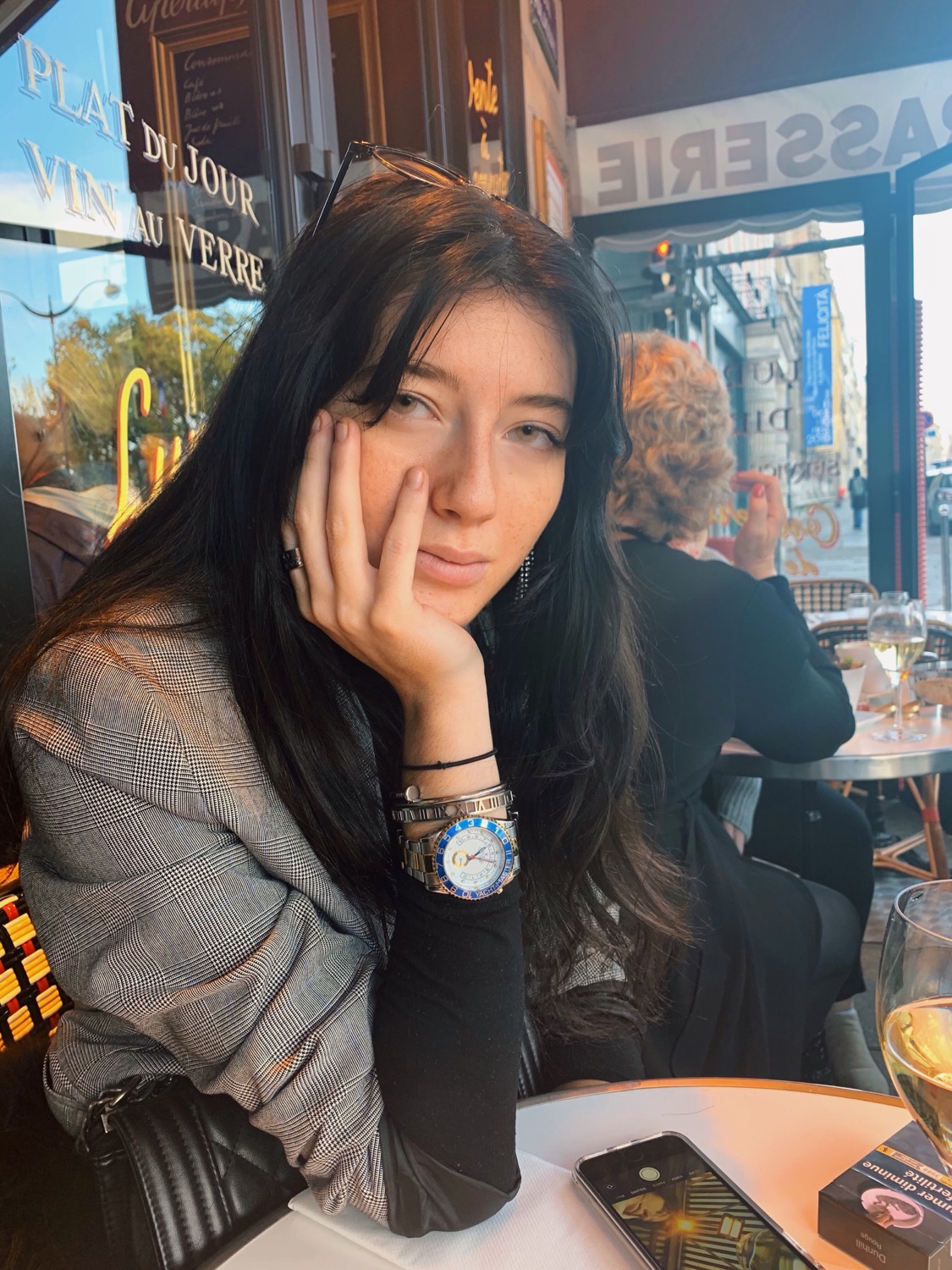THE BANNING OF BLUE STORY | AN ATTACK ON BLACK YOUTH CINEMA?
- Victoria Comstock-Kershaw
- Dec 2, 2019
- 4 min read
Updated: Dec 8, 2019
Even artistic depictions of racial reality are not free from prejudice, and the Vue banning of Rapman's debut film is proof that the British film industry still has a rocky relationship with black youth and their art. writes Victoria Kershaw.

Much like its subject, the debut week of Andrew Onwubolu's London gang film 'Blue Story' was intense, dramatic, and tumultuous: public arrests, brawls, and injuries marked one of this years most controversial British film openings. The events led to a retracted banning of the film from Vue cinemas, who claimed that 25 serious incidents - including one involving the arrest of a 13-year old girl and a male machete-wielder - had taken place across 16 of their UK locations. Mixed reviews and the brief UK-wide ban caused severe backlash in both directions, from accusations of institutional racism to the condemnation of black UK youth's behaviour as a whole. Taking a step back, however, it is possible to argue that the overall reception to Blue Story is representative of a much larger issue: the continuously contentious relationship between the British film industry, black youth, and their artistic intersections.

Andrew Onwubolu, also known under his YouTuber/rap artist pseudonym Rapman, has made it abundantly clear that in no way does Blue Story glamorise the gang life. "The film is about love, not violence." he told Russell Howard on his show in late November, and anyone with a sense of cinematographic intent will be inclined to agree. The tried and true friends-become-rivals plotline, the age of the characters, even the muted colour pallet all call for a serious and sombre reevaluation of the London ganglife appeal. From trailer to credits, there is a secure and swift tone of condemnation and concern, both for the youth and the families involved with and affected by gang violence. Rapman repeatedly condemned the youths who disrupted the UK screenings, and talked about how "the two gangs that the film's based on, which are real gangs, have been in a cinema screen watching it together, laughing together, joking together, and leaving a cinema connected, happy seeing the area they grew up in." Ultimately, he provided a way for black urban youth around the UK to explore ganglife in a nuanced, authentic and emotionally-hitting environment.
Blue Story is one of few great recent pieces of art to focuses solely of black youth culture. The film is remarkable in its' focus: it is this generations' Babylon, choosing to stand and represent for a politically relevant yet severely underrepresented slice of London society. So is it therefore surprising that a film about and culture of urban, disenfranchised youths would attract urban, disenfranchised youths with a desire to see themselves and their community on the big screen? Not really. But was the banning of a film that examines and condemns the very behaviour it attracted an appropriate response? I argue, absolutely not.
The rejection of a clear and widespread desire to watch a film that addresses something as politically, socially, and civically important as ganglife and its effects is both socially and artistically irresponsible. The quashing on independant and politically relevant film is unjust on two levels: firstly, Vue's reactionary actions are not consistent with its previous dealings of violence at their cinemas. Vue did not pull Joker despite attracting violence to their cinemas in October, nor did they pull Frozen 2, which was the film the violent youths in Birmingham were allegedly seeing. Secondly, they are perpetuating the exact environment of distrust and subjugation that the movie concerns itself with. It is no secret that lack of representation in media is damaging, with multiple studies claiming that it leads to feelings of disenfranchisement and lower self-esteem - both of which are phenemena explicityl explored as part of the reason ganglife is so appealing. The damaging effects of the lack of media representation, social isolation, and undiscussed and unexamined peer pressure are not only highlighted and discussed within the script of Blue Story, but are perpetuated within its reception and throughout Vue's response.
The ban was a short term solution to a much bigger problem: simply put, black British youth don't have their own movies. From The Young Ones to The Young Offenders to This is England, British filmmakers have never exactly been afraid to comment on, satirise, and represent the complexities and cultures of British teenagehood. But only a handful of films about life as a young person in Britain has chosen to focus as concisely and effectively as Blue Story on black British youth: Saul Dibb's 2013 documentary Bullet Brother and Destiny Ekaragha’s 2013 adaption of Bola Agbaje's Olivier-Award winning play Gone Too Far! are two of the most recent black-youth centred films that come to mind, but neither were met with commercial success, despite their excellency. The fact that Onwubolo's independant film was backed by the BBC and was being shown in all major cinemas across the UK is of vast significance: where black London youths of the 80s had Babylon to address Tatcher and those of the 90s had Young Soul Rebels to help explore punk and homophobia, black teenagers of the 2000s finally had a film that allowed for artistic and social representation of the increasingly significant presence of gang activity and youth-led violence in young urban British life. I am not suggesting that Blue Story would have suddenly ended knife crime, but it would have provided inspiration and a space to reflect on and examine the effects of British ganglife in a way that didn't scream condemnation or contempt. Vue's response removed that opportunity, and perpetuated a cycle of distrust and disenfranchisement that exists between the British film industry, black youth, and the art that could potentially connect them.
Image credits: Paramount Pictures, SnapperSK, BBC UK, British Film Council








